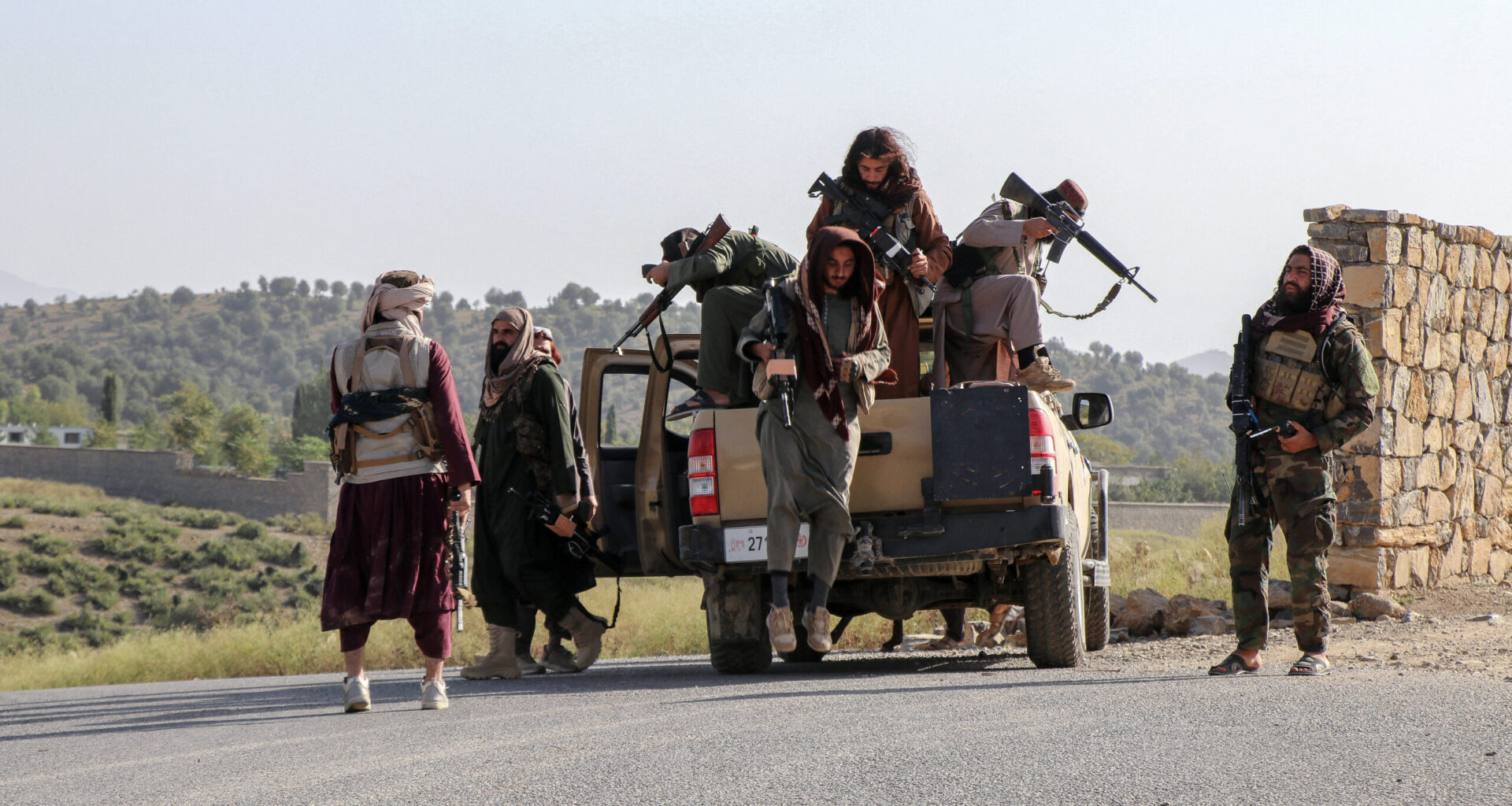Twenty European Union member states—including Belgium, Germany, Italy, Sweden, and Hungary—have jointly urged the European Commission to take concrete steps to enable both voluntary and forced returns of Afghan nationals without legal residence status.
The initiative was announced on Saturday by Belgium’s Minister for Asylum and Migration, Anneleen Van Bossuyt, who warned that the inability to deport rejected or criminal Afghan asylum seekers “undermines public trust” and “compromises security.”
“Countries from north to south, east to west, are facing the same obstacle: we cannot deport illegal or criminal Afghans, even if they have been convicted,” Van Bossuyt said. “It’s time to push forward together.”
The joint letter was signed by Belgium, Bulgaria, Cyprus, Germany, Estonia, Finland, Greece, Hungary, Ireland, Italy, Lithuania, Luxembourg, Malta, the Netherlands, Norway, Austria, Poland, Slovakia, the Czech Republic, and Sweden. The signatories called on EU Commissioner for Home Affairs Magnus Brunner to prioritise readmission agreements with the Taliban regime and explore “both diplomatic and practical solutions.”
Van Bossuyt proposed giving the European Border and Coast Guard Agency (Frontex) a greater role in coordinating voluntary returns and reintegration efforts. She also suggested that the Commission explore the possibility of forced returns, particularly for individuals considered threats to public order or safety.
The Belgian minister further called for cooperation among member states willing to take joint action, including an administrative mission to Afghanistan to assist with the identification of deportees.
Van Bossuyt has been campaigning for several weeks to make deportations to Afghanistan feasible. Around half of Afghan asylum claims are rejected, she noted, with more than 2,800 Afghans still residing in Belgian reception centres—some of whom have been linked to security incidents.
Germany has expressed its readiness to lead by example. Interior Minister Alexander Dobrindt said Berlin was willing to carry out deportations on behalf of other EU member states following a recent meeting with European counterparts in Luxembourg.Although no EU country formally recognises the Taliban government, Germany is reportedly engaged in “advanced” talks with Kabul to enable the return of Afghan nationals whose asylum claims have been rejected.
